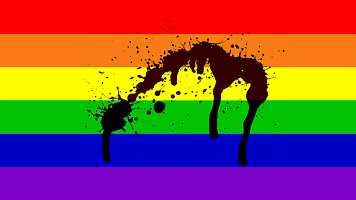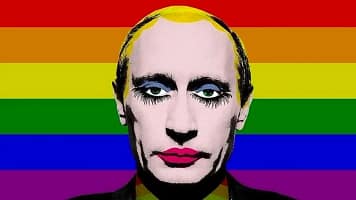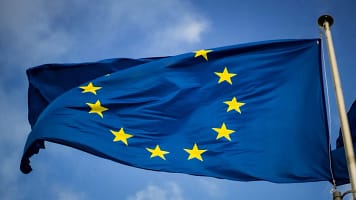Yesterday, the European Parliament voted its annual report on human rights in the world. The report reviews the situation of human rights (including the human rights of LGBTI persons) worldwide, and makes annual recommendations for EU action.
Initially drafted by Eduard Kukan, a Slovak MEP from the EPP group, this year’s annual report was mostly silent on sexual orientation and gender identity.
The S&D and Greens/EFA groups tabled amendments, which were all adopted in plenary today.
With this report, the European Parliament notably:
- Underlines that the EU Special Representative for Human Rights must focus on the rights of women and of all minorities;
- Expresses its deepest concern at the activities of far-right groups contacting LGBTI persons online to entrap and assault them, and asks “EU delegation and Member State embassies in Russia to increase their support for defenders of the human rights of LGBTI persons;
- Expresses “concern at increasing state violence against LGBTI persons in several sub-Saharan countries, especially Uganda, Nigeria, Cameroon and Senegal“, condemns the adoption of ever more repressive laws, “points out that 76 countries still criminalise homosexuality, including five which provide for the death penalty”, and regrets again that the Cotonou Agreement between the EU and African, Caribbean and Pacific excludes sexual orientation from its political dialogue;
- Notes the “regrettable trend to enact laws restricting freedom of expression and assembly [“anti-propaganda laws”] for those who support the human rights of LGBTI persons” in Lithuania, Russia, Ukraine. Similar laws have been proposed in Georgia, Armenia and Kazakhstan. The Parliament congratulates Moldova for repealing its “anti-propaganda law”.
The report also welcomes the adoption by the Council of the EU guidelines on the promotion and protection of all Human Rights by LGBTI persons last June.
Finally, the Parliament also regrets the adoption of a resolution on ‘traditional values’ at the United Nations, undermining human rights, and calls on supportive states to follow up on the 2011 Human Rights Council resolution on ‘Human rights, sexual orientation and gender identity’.
Barbara Lochbihler MEP, Chair of the Subcommittee on Human Rights and Member of the LGBT Intergroup, reacted: “This resolution is a comprehensive overview of what the EU has done, and needs to keep doing abroad to safeguard human rights. It is a clear message by MEPs from across the political spectrum to continue and step up efforts to effectively protect all LGBTI persons’ rights.”
Maria Eleni Koppa MEP, Member of the Subcommittee on Human Rights and Member of the LGBT Intergroup, also said: “The European Union has a vital role to play in the promotion of human rights of LGBT people in the world.”
“The guidelines adopted by the European Council have been used effectively in a number of countries, but we need to stand firmer in defence of human rights in other countries, like Russia.”




